Home » Hunting Dogs » Caring for the Aging Bird Dog: Vet Advice on Hunting, Health, and Joint Support
Caring for the Aging Bird Dog: Vet Advice on Hunting, Health, and Joint Support
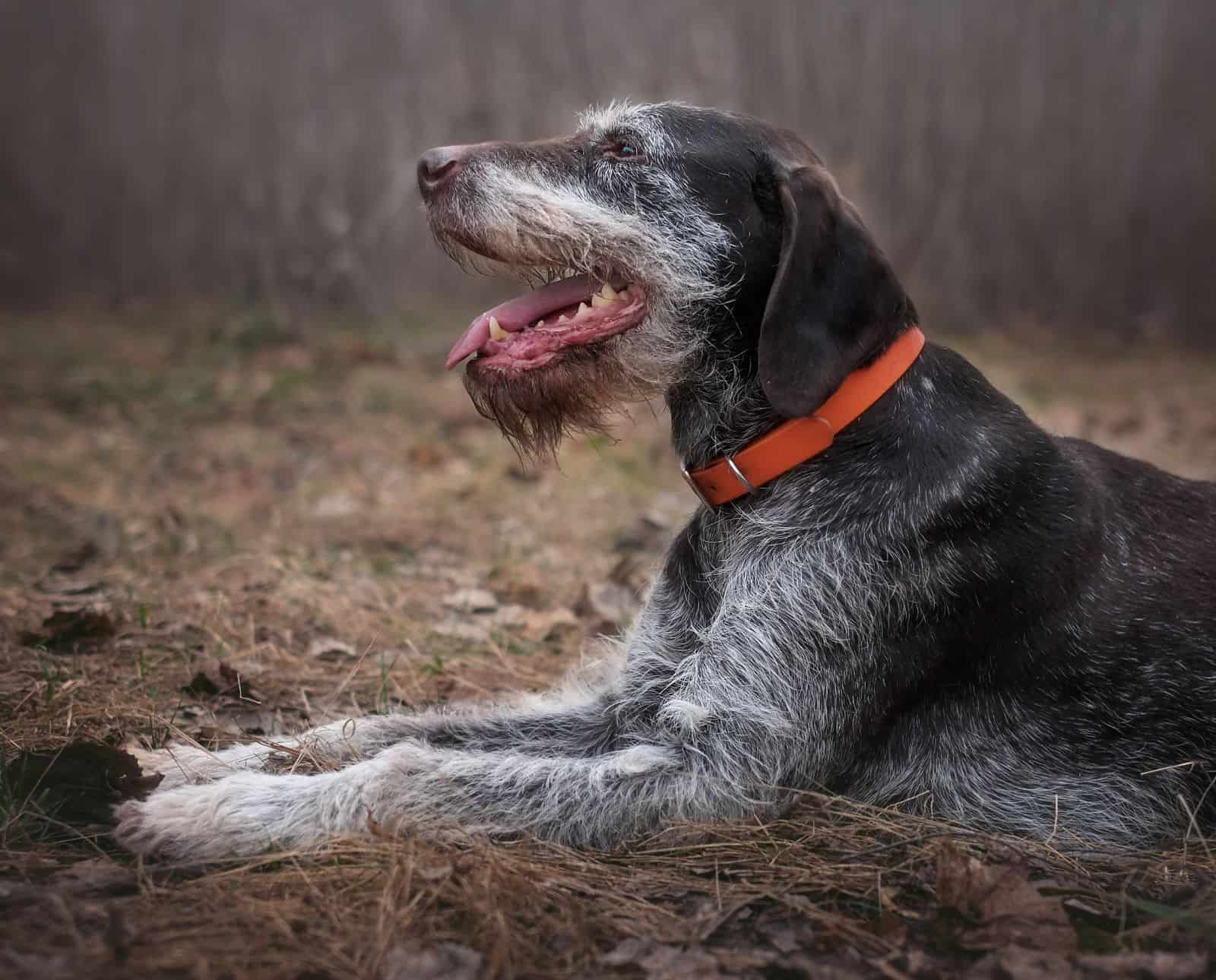
Dr. Jay Brekke, DVM has been a veterinarian in Colorado…
Here are some of the best ways to care for and hunt with a senior hunting dog.
If you’re like me, your bird dogs aren’t just working dogs—they’re family. I’ve had the privilege of raising, training, and hunting alongside more than half a dozen hunting dogs over the years. I’ve watched dogs mature from eager young pups to wise, gray-muzzled veterans. Watching our bird dogs age is both a gift and a heartache.
Many of us in the hunting community are blessed to share a lifetime afield with our loyal canine partners. But as the years pass, we notice the small changes. They rise more slowly in the mornings. Aging bird dogs may hesitate before jumping into the truck or have short strides after a day in the field. These signs are part of the natural arc of a hunting dog’s life. They signal that it’s time for us as owners and handlers to adjust our expectations, training, and hunting style to match what senior dogs can safely and comfortably handle.
In this article, I walk you through recognizing when your bird dog is slowing down. We’ll go over how to adjust your training and hunting accordingly, and the tools and treatments, both simple and advanced, that can help extend their quality of life and time afield.
Signs Your Bird Dog Is Slowing Down
As a veterinarian and a lifelong hunting dog owner, I can tell you this: no one knows your dog like you do. Yet, so many of us miss the early signs of age-related decline because dogs are so stoic. They’ll go until they physically can’t.
If you have an aging dog, pay close attention to:
- Limping or stiffness, especially after rest.
- Decreased stamina. Your dog may tire faster than usual or show reluctance to range far.
- Trouble jumping into the truck or up onto kennel boxes.
- Hesitation to retrieve.
- Behavioral changes, like increased irritability, anxiety, or clinginess.
Often, these signs aren’t simply “old age” but indicators of underlying issues such as osteoarthritis, muscle loss, or spinal discomfort. These health issues are treatable and manageable, but only if we intervene.
How to Adjust Hunts for Aging Bird Dogs
One of the biggest mistakes we make with older dogs is expecting them to perform like they did in their prime. They’ll try their best to keep up, but this can lead to injury or burnout. A few ways you can adjust your hunting style includes:
- Shorter hunts. Break your day into shorter sessions with longer breaks between. Let them ride in the truck or crate and rest between walks.
- Hunt easier terrain. Avoid steep, rocky, or overly thick cover. Stick to more open ground where the footing is easier.
- Less water work. Cold water retrieves can exacerbate joint pain. Older dogs are also more prone to hypothermia and fatigue during water retrieves.
- Hunt smarter, not harder. Use GPS collars to keep tabs on your dog and recall them before they overdo it.
- Hunt when it’s warm out. Just like cold water, cold air can make your dog’s joint pain worse. Consider hunting later in the morning when temperatures are warmer for their joints.
- Let them lead. Give your dog the space to set the pace. You’ll know when it’s time to call it a day.
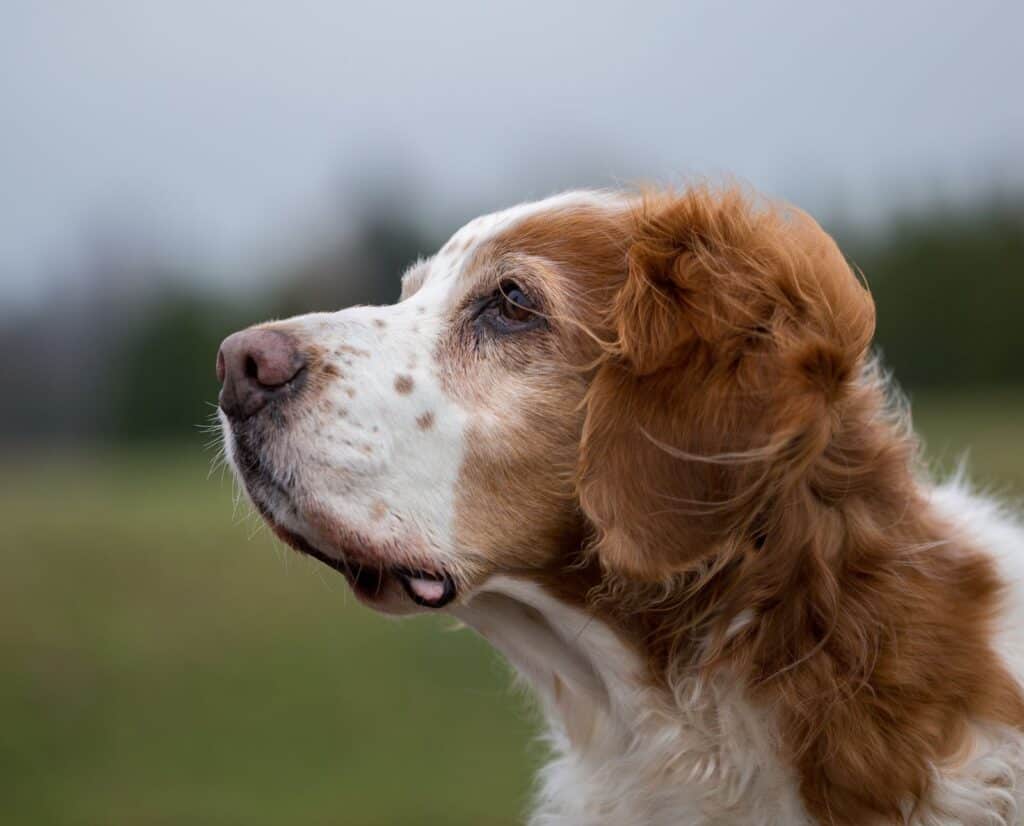
Warming-Up and Cooling-Down Senior Hunting Dogs
You wouldn’t run a marathon without stretching first. Your bird dog shouldn’t jump out of the crate and hit the field cold, either. Warming up helps prevent strains and soft tissue injuries, which are more common in senior dogs.
A light walk is a great way to help your dog warm up before a hunt. A five to 10-minute loose-leash walk helps to stretch their legs and get their blood flowing. This short walk goes a long way. Similarly, passive stretching can help your dog warm up, too. Talk to your vet or a rehab specialist about simple range-of-motion exercises you can do pre- and post-hunt.
When you’re done hunting, help your aging bird dog cool down gradually. Avoid letting them immediately curl up and get cold—this is when joint stiffness often sets in. A quick toweling, some slow walking, and warm bedding can make all the difference.
Joint Supplements and Medications for Senior Bird Dogs
There’s a lot out there when it comes to joint care, and it can be overwhelming. Here are a few of my go-to recommendations, as both a vet and a bird dog owner. I’m not endorsed or paid by these companies, but after 12 years of recommending, prescribing, and using them, I think they are the best.
The best supplements and medications for senior bird dogs include:
- Adequan Canine (injectable)
- Dasuquin Advanced with Eggshell Membrane
- NSAIDs (Carprofen, Meloxicam)
- Librela (monthly injection)
Adequan Canine
Adequan Canine is an injectable joint medication that I often describe to clients as lubricant and repair support for your dog’s joints. Unlike oral supplements, Adequan works within the joint itself to protect cartilage and slow the progression of arthritis. It’s typically given as a series of injections at your vet’s office or at home, and many dogs show significant improvement in mobility and comfort after just a few doses.
Dasuquin Advanced with Eggshell Membrane
This oral supplement includes glucosamine, chondroitin, MSM, and a powerful component called NEM (natural eggshell membrane), which contains proteins like collagen and elastin. These support joint health by improving flexibility and reducing inflammation. It’s one of the few over-the-counter supplements I trust and use with my own dogs.
NSAIDs (Non-Steroidal Anti-Inflammatory Drugs)
Medications like carprofen or meloxicam can dramatically reduce pain and inflammation. They’re prescription only and should always be used under veterinary supervision, especially in older dogs whose kidney or liver values need monitoring. When dosed appropriately, they can give an older dog a new lease on life.
Librela: A New Option for Canine Arthritis Pain
One of the newest and most talked-about treatments in veterinary medicine right now is Librela. It’s a monthly injection designed to help manage osteoarthritis pain in dogs.
Librela works by targeting nerve growth factor (NGF), a key player in how pain signals are transmitted to the brain. Unlike traditional painkillers or anti-inflammatories, Librela takes a more upstream approach—essentially “turning down the volume” on pain signals before they even reach the brain.
In my own clinical experience, Librela has been a game-changer for many of my older hunting dogs, especially those whose mobility had been limited by chronic joint pain. I’ve seen dogs who were struggling to get up and move around become more active, happier, and eager to engage again, whether it’s short walks or even light training days.
That said, like any new medication, Librela is not without controversy. Some veterinarians and dog owners have reported adverse reactions, and concerns have been raised, particularly in certain breeds like Vizslas, Weimaraners, Spinoni, and occasionally Labrador Retrievers. As with any treatment, a case-by-case approach is essential. Not every dog is a good candidate, and we still need more long-term, breed-specific data.
The bottom line: Librela is an exciting new tool, but it’s not the right fit for every dog. Talk with your veterinarian about whether it’s appropriate for your bird dog’s specific health history, breed, and needs. Open, informed conversations, like the ones vets are having right now, are what ultimately help us make the best decisions for our dogs’ quality of life.
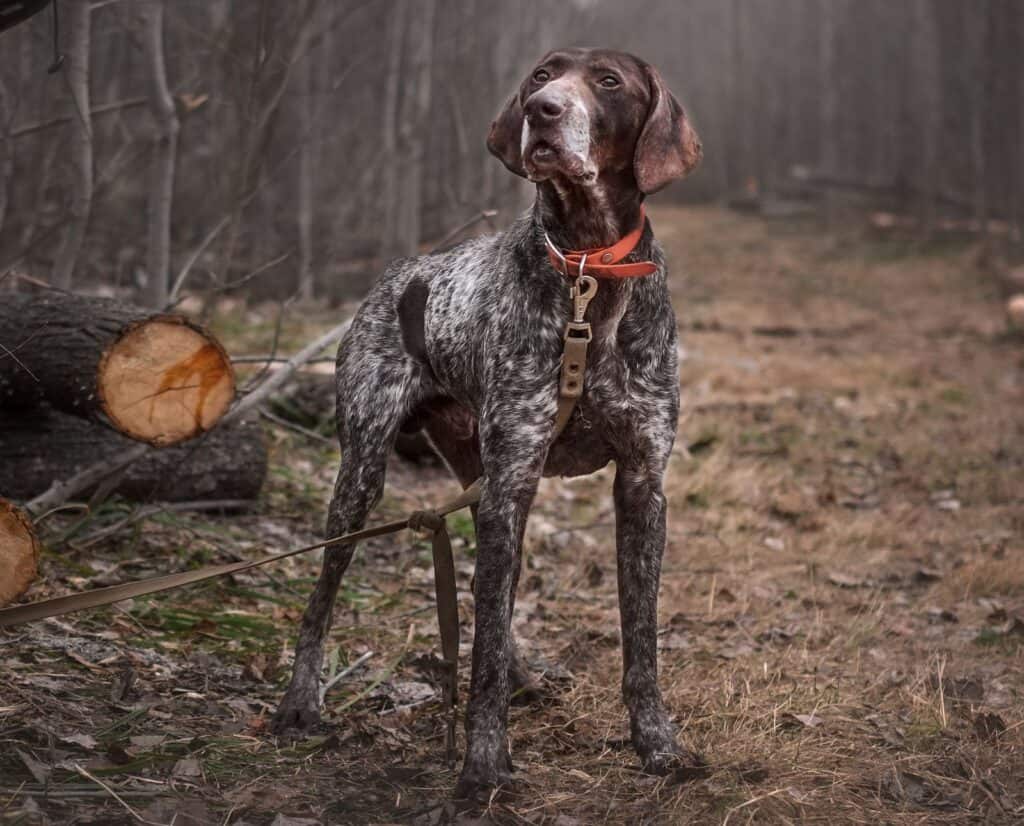
Don’t Overlook Canine Rehabilitation
Veterinary rehab is one of the most underused tools we have for senior bird dogs. If there’s a canine rehab facility near you, it’s worth a visit. Here’s why:
- Underwater treadmills reduce strain while helping maintain muscle mass and cardiovascular health.
- Laser therapy and acupuncture can help with pain relief.
- Doing therapeutic exercises at home, such as balance work or light hill walking, can keep your dog limber.
Ask your vet for a referral or help finding a certified canine rehabilitation practitioner (CCRP or CCRT).
Helpful Gear for Aging Hunting Dogs
There are some excellent tools and products available that make life easier for your aging bird dog. One is portable ramps or stairs. These can help your dog get into your truck or UTV. Another is heated or orthopedic dog beds. You can stick them in crates or vehicles and even bring them to camp. Finally, hunting vests with handle slings allow you to assist your dog over logs or into boats. All of these tools can help decrease the strain on your older bird dog’s body.
Check reputable sporting dog suppliers online, or ask your vet for their favorite brands and products.
Aging Is Inevitable, But Suffering Doesn’t Have To Be
With the right care, attention, and adjustments, your old hunting partner can continue to do what they love well into their golden years. I still remember one of my old Labrador Retrievers, Sami. She had slowed down quite a bit by the time she turned ten. We stopped doing long retrieves and thick cover runs. Instead, we hunted open CRP fields where she could trot and work scent at her own pace. During our final season together, I watched her flush one last rooster, her tail wagging like she was two years old again. It’s a memory I’ll always treasure.
Bird dogs give us everything they have. The least we can do is return the favor when their bodies begin to slow down. Talk to your vet. Watch your dog. Adjust your expectations. And keep savoring those moments afield, however short, however gentle, however slow.
After all, those are the hunts that will stay with you forever.
Dr. Jay Brekke, DVM has been a veterinarian in Colorado for over ten years. He owns the Brekke Veterinary Clinics in Castle Pines and Castle Rock, and runs Altitude Sport Dog Health. He was raised in a hunting and bird dog family. Jay currently owns two German Shorthair Pointers, Gweny and Bizzy.

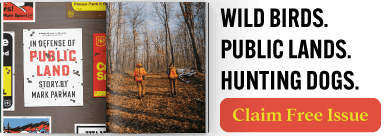

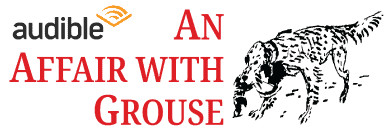
Good article. Thank You!!
Great article, from one veterinarian/bird dog owner to another!!